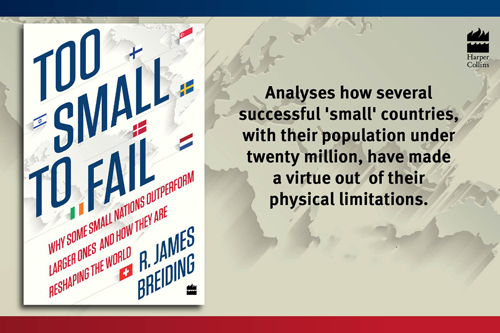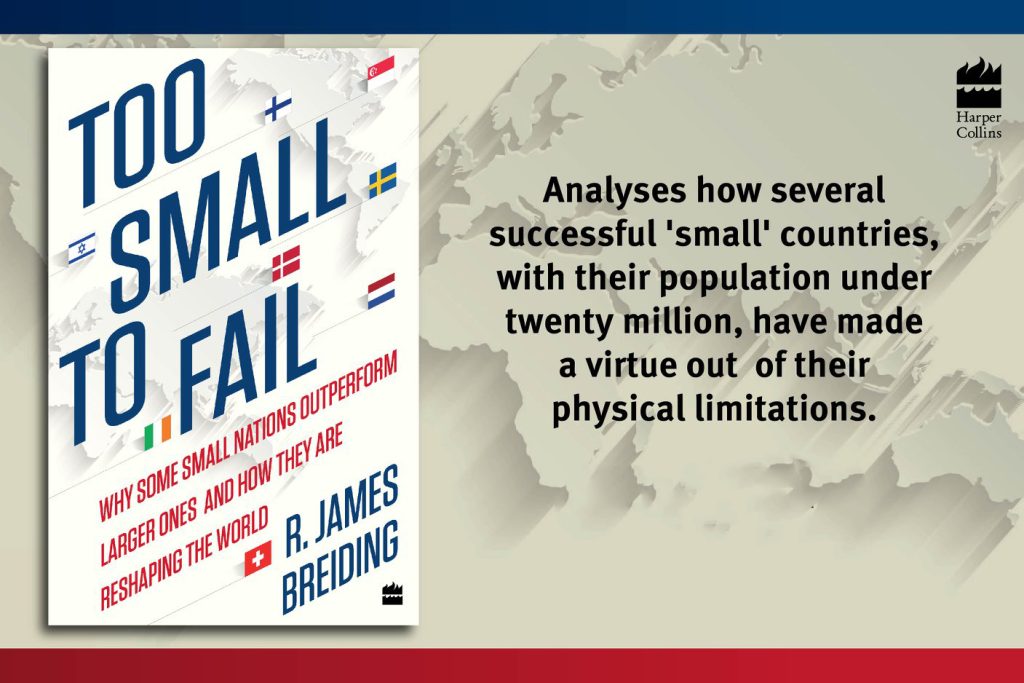Category
- Discounted Books
- English Book Bundles
- University Magazines
- சிறுவர்களுக்கான புத்தகங்கள்
- Children Books
- English Books
- Current Affairs
- Military & Intelligence
- Short Stories
- Fiction
- Poetry
- Environment & Nature
- Science
- Medicine
- Linguistics
- Atheism & Agnosticism
- (Auto)Biography & Memoir
- Business & Management
- Creativity
- Economics
- Education & Research
- Health & Nutrition
- History
- Humor
- Love & Relationships
- Parenting
- Personal Development
- Personal Finance
- Philosophy
- Politics
- War
- Psychology
- Religion & Spirituality
- Society & Culture
- Sports
- Travel & Adventure
- Technology & the Future
- True Crime
- Women Empowerment
- தமிழ் Books
- Book Bundles ( தமிழ் )
- சட்டம்
- இயற்கை
- கட்டுரை
- கணிதம்
- பயணக்குறிப்புகள்
- விவசாயம்
- அரசியல்
- ஆரோக்கியம்
- உளவியல்
- புனைவு
- காதல் மற்றும் உறவு
- சமூகவியல்
- சுயசரிதைகள் மற்றும் நினைவுகள்
- சுயமுன்னேற்றம்
- தத்துவஞானம்
- தொழில்நுட்பம் & எதிர்காலம்
- பொருளாதாரம்
- போர்
- பணம்
- மதம் & ஆன்மீகம்
- வணிகம் & மேலாண்மை
- வரலாறு
- விஞ்ஞானம் & பிரபல அறிவியல்
- விளையாட்டு
- சினிமா
- கவிதைகள்
- குழந்தை வளர்ப்பு
- குற்றம்
- மருத்துவம்
- மொழி
Product categories
- Children Books
- Discounted Books
- English Book Bundles
- English Books
- (Auto)Biography & Memoir
- Atheism & Agnosticism
- Business & Management
- Creativity
- Current Affairs
- Economics
- Education & Research
- Environment & Nature
- Fiction
- Health & Nutrition
- History
- Humor
- Linguistics
- Love & Relationships
- Medicine
- Military & Intelligence
- Parenting
- Personal Development
- Personal Finance
- Philosophy
- Poetry
- Politics
- Psychology
- Religion & Spirituality
- Science
- Short Stories
- Society & Culture
- Sports
- Technology & the Future
- Travel & Adventure
- True Crime
- War
- Women Empowerment
- University Magazines
- சிறுவர்களுக்கான புத்தகங்கள்
- தமிழ் Books
- Book Bundles ( தமிழ் )
- அரசியல்
- ஆரோக்கியம்
- இயற்கை
- உளவியல்
- கட்டுரை
- கணிதம்
- கவிதைகள்
- காதல் மற்றும் உறவு
- குற்றம்
- குழந்தை வளர்ப்பு
- சட்டம்
- சமூகவியல்
- சினிமா
- சுயசரிதைகள் மற்றும் நினைவுகள்
- சுயமுன்னேற்றம்
- தத்துவஞானம்
- தொழில்நுட்பம் & எதிர்காலம்
- பணம்
- பயணக்குறிப்புகள்
- புனைவு
- பொருளாதாரம்
- போர்
- மதம் & ஆன்மீகம்
- மருத்துவம்
- மொழி
- வணிகம் & மேலாண்மை
- வரலாறு
- விஞ்ஞானம் & பிரபல அறிவியல்
- விளையாட்டு
- விவசாயம்


Too Small to Fail challenges us to question and rethink many of our assumptions about the world.
Since the Peace of Westphalia in 1648, we have been living in a world of nation states. Our understanding of the world has been guided by scholars such as Hans Morgenthau.
In his magnum opus, Politics Among Nations, Morgenthau theorized that the power of the state is derived from the size of its territory, population, military, economy, natural resource endowment, national character, morale, government and diplomacy. This view of the power of states was valid when national boundaries were sacrosanct, when economies were relatively self-reliant and self-contained, and before the advent of multinational corporations, information technology, a global capital market and revolution in military affairs.
The world we live in today is radically different from the world fifty years ago. It has been transformed by international trade, global business, world money, information technology, the internet, mobility of talent and knowledge as a country’s most important natural resource.
I would argue that Hans Morgenthau’s concept of the Territorial State has been replaced by Philip Bobbitt’s concept of the Market State. What is a Market State? It is a state which has taken advantage of the new opportunities of international trade, open borders, globalization, information technology and human mobility. Such a state would therefore be a major player in international trade, be a large recipient and provider of foreign direct investment, act as an important financial centre and communications hub and host a big family of multinational corporations and foreign talent. The nations Breiding has chosen to feature in his book are exemplar of a Market State, including my own, Singapore.
Breiding’s book forces us to question the conventional wisdom about countries. For example, we tend to equate bigness with success. This is clearly wrong. Not all big countries are successful, and not all successful countries are big. In fact, some of the most successful countries in the world are small countries.
Other countries could have qualified for inclusion such as Liechtenstein, New Zealand and Norway, and there is a growing list of aspirational nations with promising trajectories such as Estonia, Chile, Costa Rica, Mauritius and others.
Breiding’s book contains the following revelations about small countries which would surprise most people. First, some of the richest countries in the world are small countries. Second, some of the most competitive economies in the world are small economies. Third, some of the highest-ranking countries in the UN Human Development Index are small countries. Fourth, some of the top twenty trading entities of the world are small countries. Fifth, some of the world’s largest exporters of capital are small countries. Sixth, some of the least corrupt countries are small countries. Seventh, some of the countries with the best scores for adherences to the rule of law are small countries. Eighth, some of the countries with the best education systems are small countries. Ninth, some of the countries with the best gender equality are small countries. Tenth, some of the highest ranking countries with regard to ease of doing business are small countries.
Breiding also argues that several factors which are most determinant of a nation’s success in this day and age are not yet measured by institutions such as the World Bank and World Economic Forum: adaptability, modesty, social cohesion and a sustainable attitude towards ownership and the environment. These factors feature prominently in successful small nations and are destined to take on greater importance.
We should not, however, equate smallness with success. There are many small countries which are not successful. The truth is that size is only one factor influencing a country’s success or failure. What matters most is the policies it pursues and the values it upholds.
Small countries have a better chance of success if their economies are open and they practise free trade. Domestically, they should uphold the rule of law, combat corruption and empower women and children. Investment in quality education and training are essential. They should uphold the values of hard work, honesty, transparency and accountability. They should support international cooperation and multilateralism.
This is an important book because most authors focus on the big countries. Very few have focused on the smaller countries. I thank James Breiding for writing this very important and path-breaking book. He has drawn the world’s attention to this class of eight small super-achievers. It is a book which questions conventional wisdom about countries and the nature of the world we live in today and will live in tomorrow. There are big lessons which the world can learn from these small countries.
Tommy Koh — Professor of Law, National University of Singapore Ambassador-at-Large, Ministry of Foreign Affairs, Singapore
Click here to get the book delivered to your doorstep….

Leave a Reply